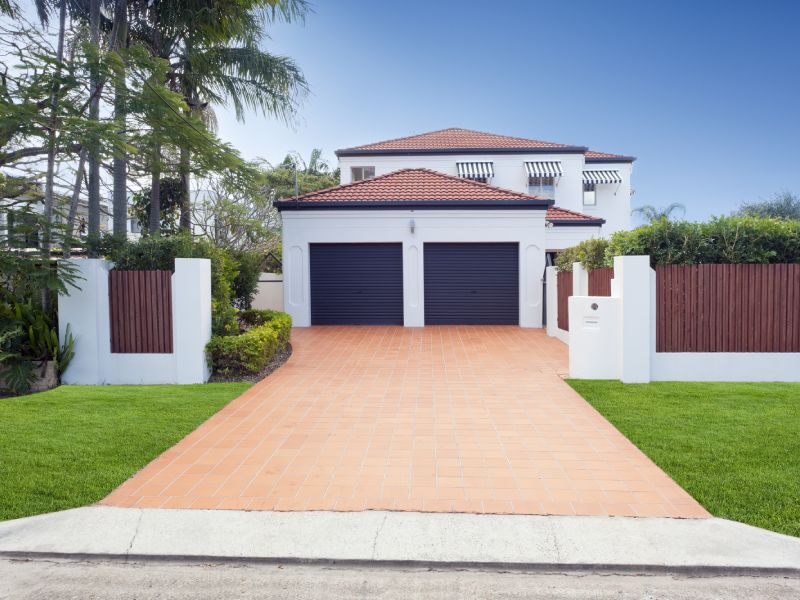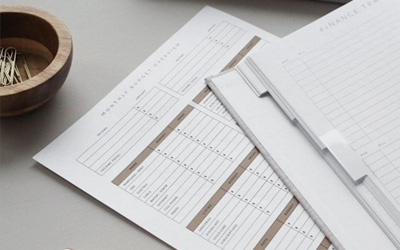Investing in property is a goal many of us hope to achieve. However, sourcing funds for an investment property can be a challenge. One option available is to consider buying a property with super.
Property investing through a self-managed super fund (SMSF) has become increasingly popular in recent years. However, before you pursue investing through your SMSF, it’s important you understand what is involved.
Buying A SMSF Residential Property – What Criteria Do I Need To Meet?
How you invest your super is still tightly regulated by three key government agencies. Namely:
- The Australian Taxation Office (ATO).
- Australian Securities & Investments Commission (ASIC).
- Australian Prudential Regulation Authority (APRA).
Together, these agencies direct how and when you can utilise your super to invest. The ATO monitors and carries out audits on SMSFs regularly to ensure all arrangements are compliant.
Before these authorities approve buying a property with super, they will check to see you meet the basic criteria:
- Your fund needs to have a minimum balance to qualify.
- Evidence of contributions of at least $15,000 per annum.
Additionally, when buying a residential property with SMSF you may not:
- Buy a property in which you intend to live.
- Buy a property you intend to develop and resell. This is seen as a one-off profit-making exercise rather than proper planning for your retirement.
- Acquire property through a friend or associate.
- Rent the investment to an associate or family member.
- Buy a holiday home that you will use personally or allow associates to use.
Are There Any Risks Associated With Buying Property In An SMSF?
As with any investment strategy, there are risks involved. Buying property through a self-managed super fund is no different.
As per ASIC’S website, SMSF property risks include:
- Higher costs – SMSF property loans tend to be more costly than other property loans.
- Cash flow issues – Loan repayments must come from your SMSF. Your fund must always have sufficient liquidity or cash flow to meet the loan repayments.
- Difficulties cancelling – If your SMSF property loan documents and contract aren’t set up correctly, you can’t unwind the arrangement. You may have to sell the property, potentially causing substantial losses to the SMSF.
- Possible tax losses – You can’t offset tax losses from the property against your taxable income outside the fund.
When buying a property with super, there will also be associated fees. These include legal costs, stamp duty, property management expenses and bank fees when pursuing investment through an SMSF.
Can I Live In My SMSF Property When I Retire?
If you would like to live in your SMSF property when you retire, you will need to have it transferred out of the ownership of your SMSF and into your own name. If this is something you will eventually be interested in doing, we and our associates will be able to walk you through that process.
Before buying a property with super, you should seek professional advice. At Corbwood and Associates, our team is made up of fully qualified and licensed professionals who understand your needs.
We are passionate about providing quality advisory services for:
- Property investment via self-managed super funds. Both residential and commercial.
- Refinancing and first-time home loans.
- Property investment advice and wealth creation strategies.
Contact us to arrange a consultation to see how we can help secure your financial future.
You May Also Like…
Common Mistakes When Buying an SMSF Property
Buying property through your SMSF is quite complex, but there are many common mistakes when buying an SMSF property...
The Do’s and Don’ts Of Investing In Property Through A Self Managed Super Fund (SMSF)
If you’re considering investing through your self-managed super fund, you’re probably wondering about the do's and...
How Much Super Do I Need to Invest in Property?
For the majority of us, buying property as an investment is something we would love to include as part of our...




